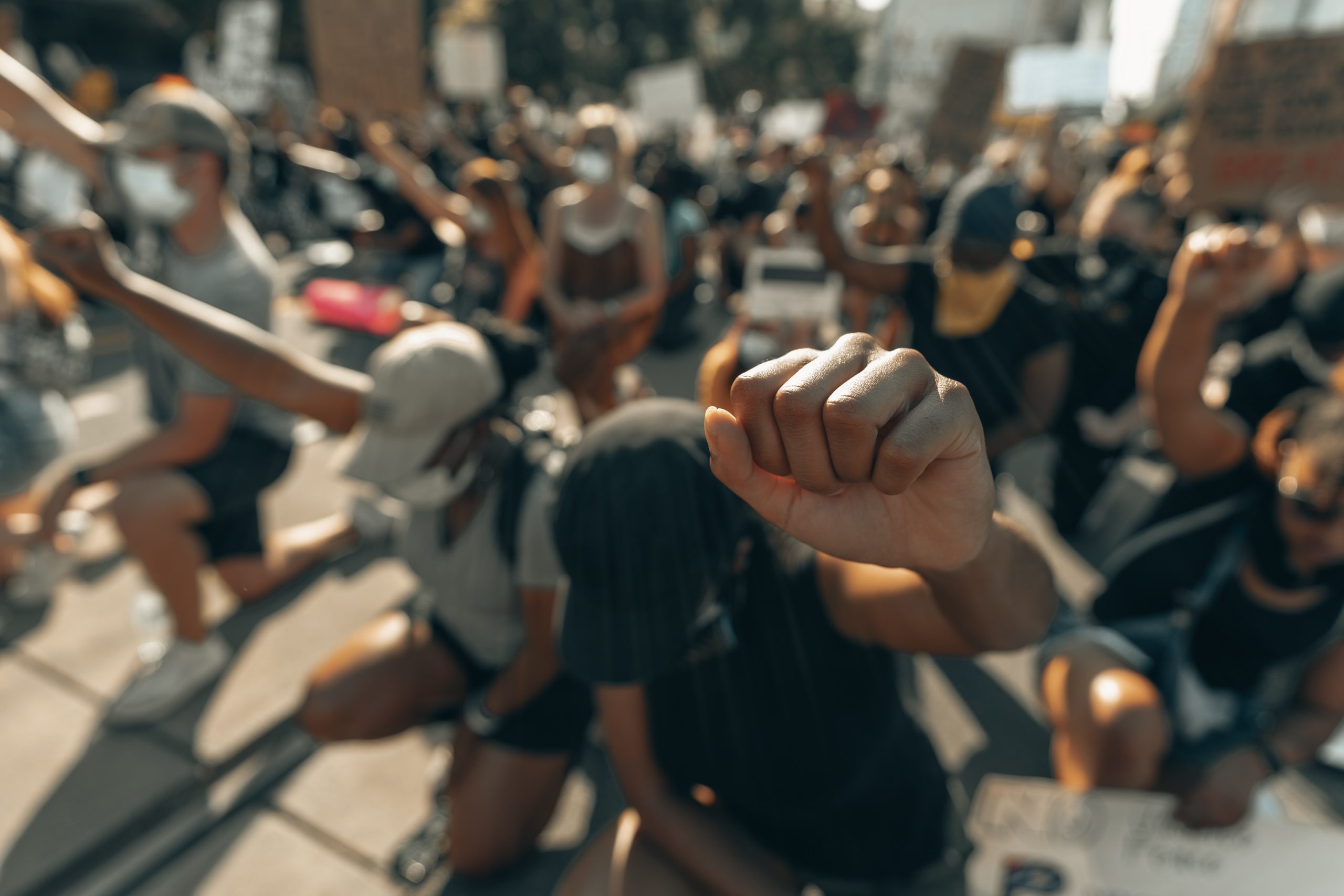Have you ever wondered how legal theory applies to real-life situations? Law scholars spend countless hours studying and analyzing the law, but how does that knowledge translate into practical application in a courtroom setting? In this blog post, we’ll explore the world of legal theory and examine case studies where it has been successfully applied in real-life scenarios. From the classroom to the courtroom, join us on a journey through the fascinating intersection of theoretical knowledge and practical application.
What is legal theory?
Legal theory is the study of the principles and concepts that underpin the law. It involves analyzing legal systems, institutions, and practices to understand how they function and why they work the way they do. Legal theorists explore ideas about justice, fairness, equality, rights, morality, and ethics — all with an eye toward improving our understanding of how laws should be created and applied.
One important aspect of legal theory is its focus on abstract thinking. Theories may not always provide clear-cut answers or solutions to real-world problems but are instead designed to help us think more deeply about complex issues related to the law.
Legal scholars use various approaches when studying legal theory. Some might take a historical perspective by examining past cases or tracing societal developments over time; others might use philosophical reasoning or employ quantitative research methods.
In essence, legal theory provides a framework for interpreting and applying laws in different contexts. By exploring these theories in-depth and applying them to practical scenarios, we can gain valuable insights into how laws affect society as a whole.
How do legal scholars apply legal theory in real-life situations?
Legal scholars are experts in understanding the intricacies of legal theory. To apply this knowledge to real-life situations, they must analyze cases and determine the most appropriate legal principles to use. In doing so, they must consider various factors such as the facts of a case, precedents set by previous cases, and relevant statutes.
Legal scholars may also take into account broader social and political issues that may be at play in a particular situation. For example, a scholar might analyze how certain laws impact marginalized communities or perpetuate systemic inequalities.
Moreover, legal scholars do not solely focus on traditional forms of law such as legislation or court decisions but also examine other sources of law such as international treaties and customary practices. By considering these alternative sources of law alongside more conventional ones, legal scholars can provide well-rounded analyses that take into account global perspectives.
Applying legal theory in real-life situations requires careful consideration of all aspects surrounding a case. Legal scholars utilize their expertise to navigate complex legal systems while ensuring that justice is served fairly and equitably for all parties involved.
Case studies illustrating how legal theory is used in real-life situations
Legal theory is not just an abstract concept taught in law school classrooms. It provides a framework for legal scholars to understand and analyze real-life situations. Let’s take a look at some case studies that illustrate how legal theory is used in practice.
In the landmark case of Brown v. Board of Education, the Supreme Court applied the principle of equal protection under the law to strike down racial segregation in public schools. This decision was based on constitutional interpretation and legal precedent, demonstrating how legal theory can shape social policy.
Another example is Roe v. Wade, where the issue of reproductive rights was analyzed through various lenses such as privacy, autonomy, and bodily integrity. The court relied on feminist jurisprudence to recognize women’s right to choose regarding their own bodies.
Moreover, legal theorists have also been actively involved in addressing contemporary issues such as climate change and human rights violations. For instance, environmental lawyers use principles like intergenerational equity and precautionary approach when litigating against corporations causing ecological harm.
These case studies demonstrate that legal theory plays an essential role in shaping our laws and policies by providing a systematic approach towards understanding complex issues faced by societies today.
Conclusion
To conclude, legal theory is an essential aspect of the study and practice of law. It provides a framework for analyzing legal issues and developing solutions to real-life situations. Legal scholars use theories such as natural law, positivism, and critical race theory to understand the complexities of the legal system and its impact on society.
Through case studies, we have seen how legal theorists apply their knowledge to address contemporary challenges in areas such as criminal justice reform, immigration policy, and environmental regulation. These examples demonstrate that legal theory has practical applications beyond academia.
In summary, understanding legal theory is crucial for anyone interested in pursuing a career in law or related fields. By learning about different theories and how they are applied in real-life situations, aspiring lawyers can develop critical thinking skills that will serve them well throughout their careers.








